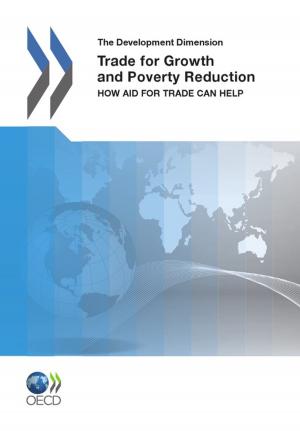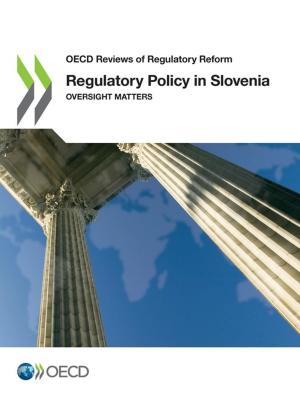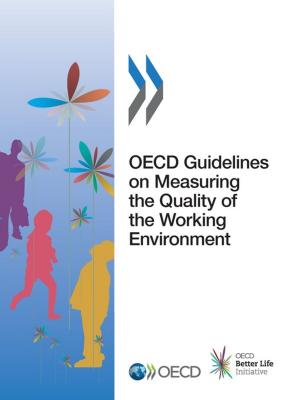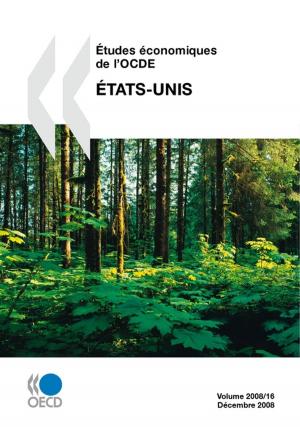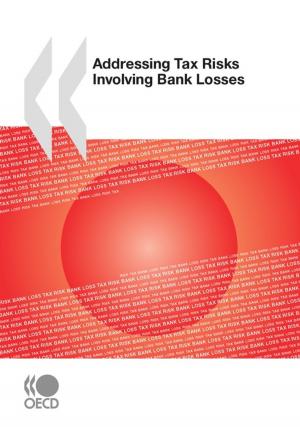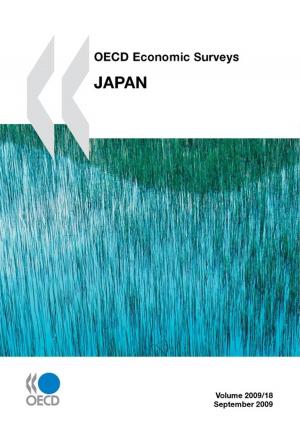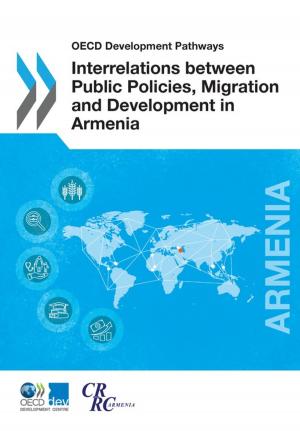OECD Environmental Performance Reviews: Japan 2010
Business & Finance, Economics, Sustainable Development| Author: | Collective | ISBN: | 9789264087873 |
| Publisher: | OECD | Publication: | November 16, 2010 |
| Imprint: | OECD | Language: | English |
| Author: | Collective |
| ISBN: | 9789264087873 |
| Publisher: | OECD |
| Publication: | November 16, 2010 |
| Imprint: | OECD |
| Language: | English |
This 2010 review of Japan's environmental conditions and policies evaluates progress in reducing the pollution burden, improving natural resource management, integrating environmental and economic policies, and strengthening international co-operation. It includes coverage of policy for greening growth, implementation of environmental policies, climate change, waste management and the 3Rs (reduce, reuse, recycle), and nature and biodiversity.
The review finds that since the last review, Japan has made steady progress in addressing a range of environmental issues, notably air and water pollution, and the management of chemicals and waste. The energy intensity of the economy has continued to decrease, particularly in the industrial sector, and is among the lowest in OECD countries. Material intensity has also decreased.
At the same time, several more complex, long-term challenges have come to the fore: climate change, sound waste, materials management, and biodiversity conservation. Much of the last decade was characterised by sluggish economic growth, and environment and green innovation are targeted as key drivers of future growth and job creation in Japan's New Growth Strategy.
This 2010 review of Japan's environmental conditions and policies evaluates progress in reducing the pollution burden, improving natural resource management, integrating environmental and economic policies, and strengthening international co-operation. It includes coverage of policy for greening growth, implementation of environmental policies, climate change, waste management and the 3Rs (reduce, reuse, recycle), and nature and biodiversity.
The review finds that since the last review, Japan has made steady progress in addressing a range of environmental issues, notably air and water pollution, and the management of chemicals and waste. The energy intensity of the economy has continued to decrease, particularly in the industrial sector, and is among the lowest in OECD countries. Material intensity has also decreased.
At the same time, several more complex, long-term challenges have come to the fore: climate change, sound waste, materials management, and biodiversity conservation. Much of the last decade was characterised by sluggish economic growth, and environment and green innovation are targeted as key drivers of future growth and job creation in Japan's New Growth Strategy.

